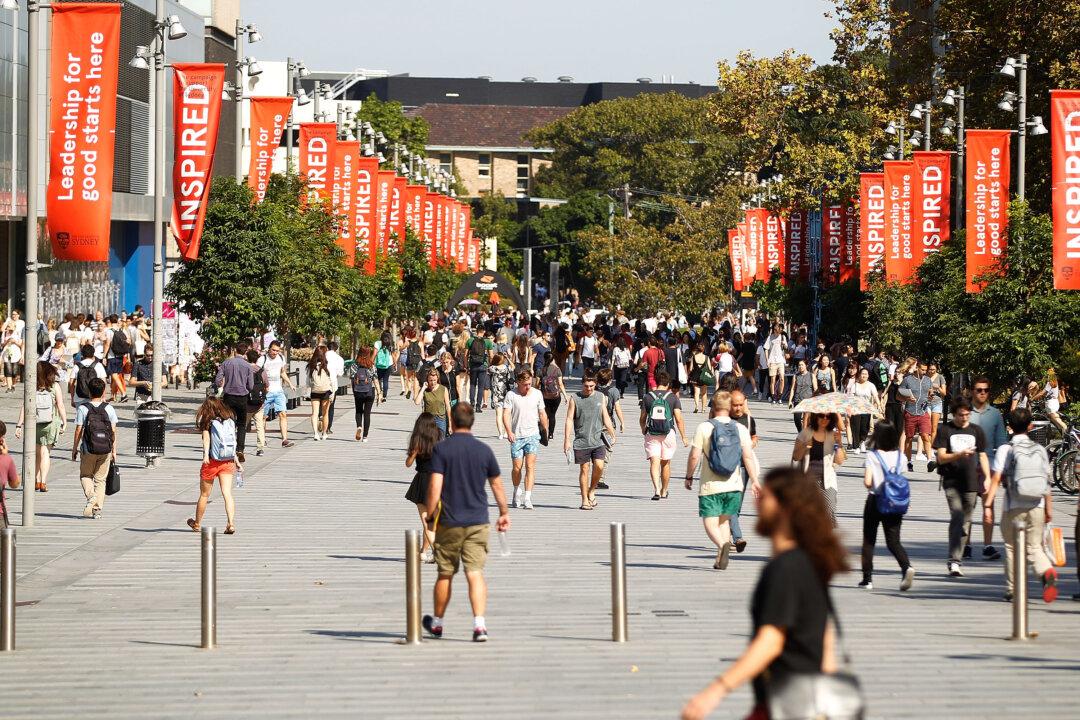Commentary
The Albanese Labor government is preparing to forge a new relationship with the university sector—the “Universities Accord.”

The Albanese Labor government is preparing to forge a new relationship with the university sector—the “Universities Accord.”